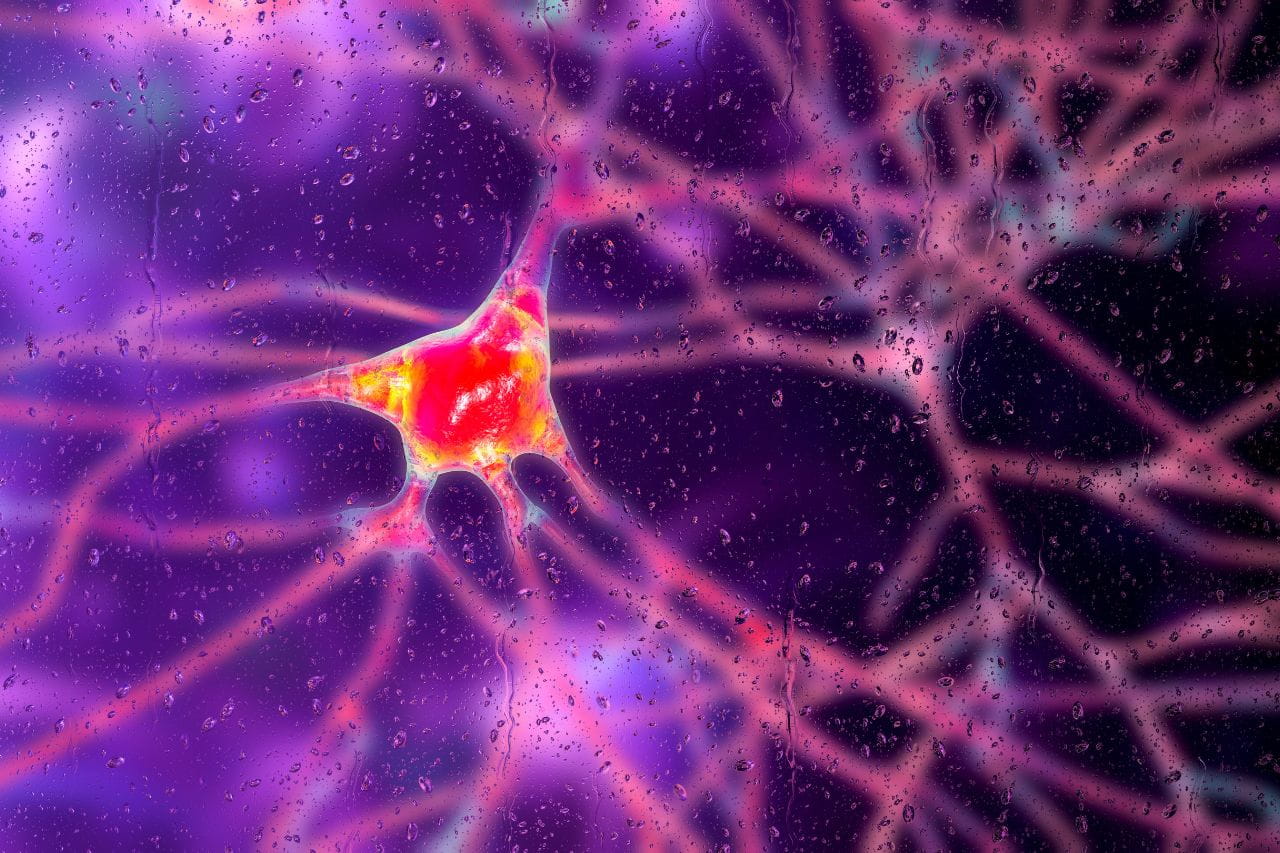What Is Huntington's Disease?

Huntington's Disease Symptoms
Huntington’s disease symptoms commonly appear in a person’s 30s or 40s but can develop before that. They fall into three main categories: movement, cognitive, and psychiatric. The order of appearance, intensity, etc., varies from person to person.Movement symptoms
- Involuntary twitching, twisting, or squirming
- Rigid muscles or unintended muscular contractions
- Problems with balance, gait, or posture
- Trouble speaking or swallowing
- Unusual eye movements
Cognitive symptoms
- Trouble focusing on or prioritizing tasks
- Difficulty “finding” words when speaking
- Slowed thought processing
- Inflexibility in thoughts or behaviors
- Lack of impulse control and awareness of one’s behavior
- Verbal outbursts and sexual promiscuity
- Learning difficulties
Psychiatric symptoms
- Depression (from changes in brain function)
- Irritability
- Persistent sadness
- Insomnia
- Lack of energy
- Social withdrawal
- Thoughts of death or dying
- Mania
- Bipolar disorder
- Obsessive-compulsive disorder (OCD)
What Causes Huntington's Disease?
Huntington’s disease is caused by a genetic mutation related to a protein called huntingtin. This mutation affects the building blocks of DNA, causing an abnormal repetition of cytosine, adenine, and guanine sequences.Children of a parent with the mutation have a 50% chance of inheriting it. If a child doesn’t get the genetic abnormality, they won’t develop the disease and can’t pass it on to their children.
How Is Huntington’s Disease Diagnosed?
Doctors diagnose Huntington’s disease by asking questions about and doing testing related to the three main areas of the disease. This includes checking the following:
- Muscle strength, balance, and reflexes
- Senses of vision, hearing, and touch
- Mental health and mood
Testing often involves a neurologist, a psychologist, and the patient’s primary care doctor. It covers a wide variety of characteristics, from memory and reasoning to emotional state, behavior patterns, and coping skills.
Patients may also get brain-imaging tests like MRI or CT scans. If signs point to Huntington’s disease, your doctor may recommend genetic testing to look for the mutated gene.
If you have a family history of the disease but no symptoms, your doctor may recommend a predictive genetic test. This can help relieve the stress of not knowing if you have the condition or provide guidance before starting a family.
Treatment for Huntington's Disease
There is no cure for Huntington’s disease or treatment that alters its progression. Doctors can prescribe medications to reduce some of the movement and psychiatric symptoms. A patient’s treatment typically evolves as the disease progresses, and drugs to treat one symptom may worsen another.In addition, interventions like speech therapy, physical therapy, occupational therapy, and psychotherapy can be beneficial. So can lifestyle modifications (like maintaining a healthy weight and eating foods that are easier to swallow), process changes (such as reducing stress by making lists, creating reminders, etc.), and support from family, friends, healthcare providers, and nonprofit agencies.
Patients and their families may also be comforted by making plans for nursing and hospice care in the later stages of the disease.
When to Contact Your Doctor About Huntington’s Disease
If you have a family history of Huntington’s disease or develop any of its symptoms, you should talk with your Baptist Health primary care doctor. They can do initial exams and refer you to a neurologist for specialized care.Huntington’s disease is a progressive condition. But with the proper support and care, patients can address their evolving symptoms and maximize their enjoyment of life.



.jpg?rev=9ddf6790805749b994e44780efdfb13c)